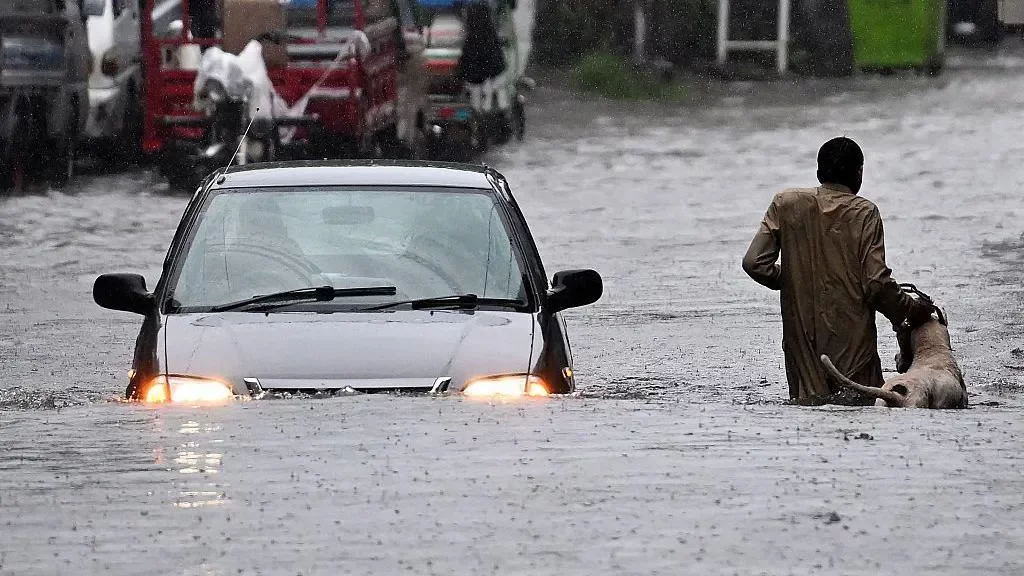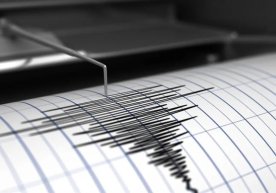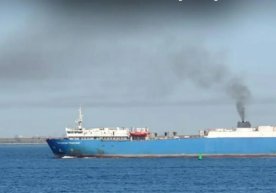
At least 63 people have died and 290 were injured in the past 24 hours after heavy monsoon rains struck Pakistan's Punjab province, according to BBC. The National Disaster Management Authority reported that most of the victims were crushed by collapsing buildings, while others drowned or were electrocuted.
In Rawalpindi, a city near the capital Islamabad, authorities declared Thursday a public holiday to ensure public safety. Residents living near a rising river were urged to evacuate due to flooding risk.
Since the start of the monsoon season in late June, nearly 180 people have died nationwide, more than half of them children. Several expressways in Punjab have been shut down, and numerous flights have been delayed or canceled.
Punjab Chief Minister Maryam Nawaz declared a state of emergency in several areas on Thursday. “Government agencies are working at full capacity,” she wrote in a post on X, urging citizens to follow safety guidelines.
In Chakwal, a city hit by 400mm of rainfall in one day, photos and videos show rescue boats searching for stranded residents. Military helicopters are also flying over severely flooded areas.
Punjab authorities have warned of continued rains and flash floods over the weekend. Thousands of emergency personnel have been placed on high alert.
With a population of nearly 250 million, Pakistan is one of the countries most vulnerable to climate change. It is impacted by two major weather systems—one causes extreme heat and drought, while the other brings monsoon rains.
The country is home to more than 13,000 glaciers, which are melting rapidly.
In 2022, monsoon floods submerged a third of the country, killing 1,700 people and causing over $30 billion in economic damage.
In 2023, the UN Secretary-General called on the global community to assist Pakistan, describing it as "doubly victimized" by climate change and a "morally bankrupt" financial system.
Read “Zamin” on Telegram!
Ctrl
Enter
Found a mistake?
Select the phrase and press Ctrl+Enter Related news
Information
Users of Меҳмон are not allowed to comment this publication.
Users of Меҳмон are not allowed to comment this publication.














